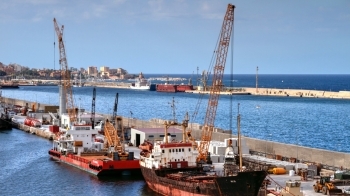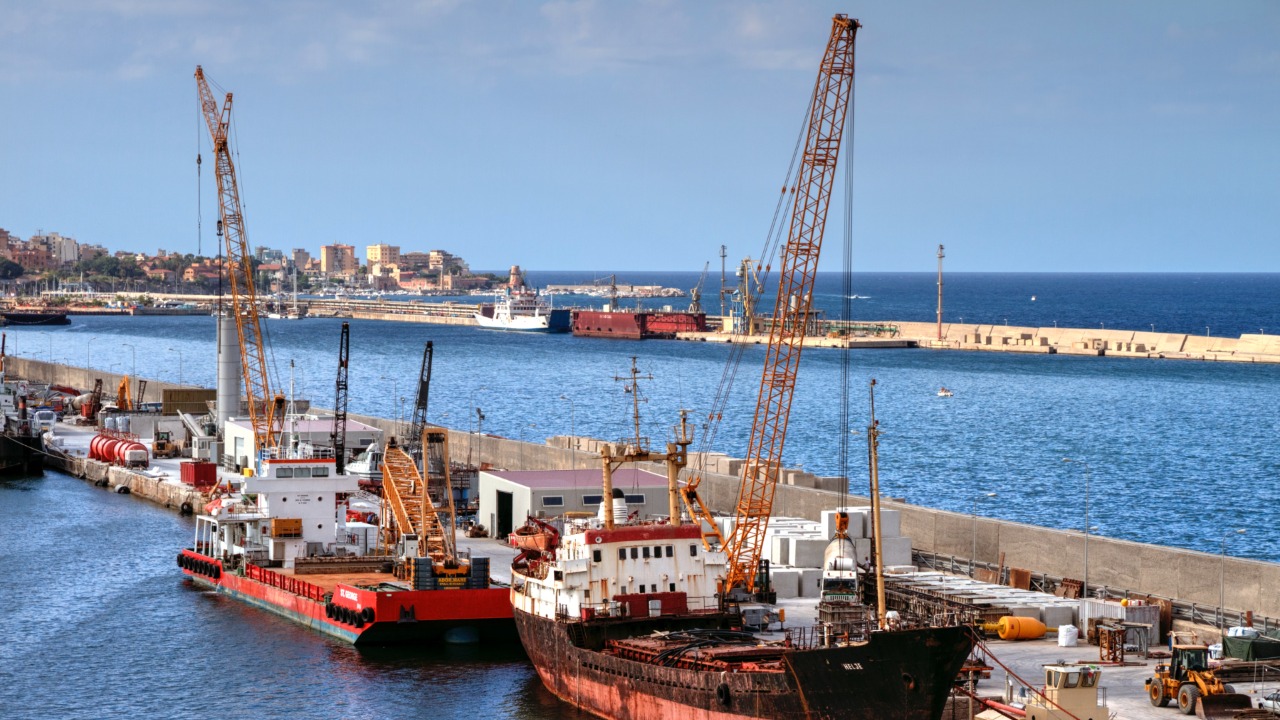
.png) Jaswant Kaur
Jaswant Kaur

Are you a taxpayer? If yes, you might have already started receiving reminders for depositing your advance tax, if any, before March 15. Many of you would have started calculating your tax by now. No, this article is not to remind you about the deadline but to trigger a thought. A thought that comes to our mind often but gets ignored or subsided in the hustle-bustle of our life. It is, basically, a question about how the government uses the money we pay as tax.
Unfortunately, we do not have any answers to the question. Unlike the non-profit sector, which is forced to provide an account for every single paisa it raises through the general public, there is virtually no way to ask the government. In fact, the Right to Information Act, which was enacted for the purpose of questioning the government or seeking information, too, does not have such a provision.
All we know is that the money is used to fund several activities from banking to infrastructure to shipping to airlines and so on. But will we ever get a utilisation certificate from the government? The answer, it seems, will never be in the affirmative.
Be that as it may, over the last few weeks, two incidents have made this question even more relevant. Before Russia launched its attack on Ukraine, the country was shocked by two scandals –- the ABG shipping case and the National Stock Exchange (NSE) scam.
While the former does have a monetary value, the value of loss to the exchequer in the latter case is unknown. Let’s delve a little deeper into both the cases.
While both the cases are from different sectors -– one from the banking sector and the other from the financial market -- they have one thing in common. They are not new cases. In fact, they originated long back but came to the fore only last month.
The ABG shipping case has been touted to be the biggest banking scam. In fact, it has surpassed both Nirav Modi and Vijaya Mallya cases in terms of volume and enormity. The monetary value of the scam is estimated to be more than Rs. 22,000 crore, spread across 28 banks. This value is bound to increase with every passing day with the imposition of penal interest. The difference between Nirav Modi, Vijaya Mallaya and the present case is that the former chairman and managing director of ABG shipyard, Rishi Agarwal, has not fled the country. Of course, there is no guarantee that he will not.
The modus operandi, too, has been similar but much wider and complex. The money has been revolved several times amongst hundreds of entities, Indian and foreign. Not surprisingly, it was blatantly used for creation of personal assets, repayment of old loans and so on. Certainly, not for the purpose for which it was raised.
Unlike others of his ilk, Agarwal has been attending hearings conducted by the CBI and the Enforcement Directorate (ED). Many must have thought that it will be easier to recover the money, unlike in other cases where the accused is no longer in the country. However, to add to the woes of the banks, his company has already been under liquidation. The case is with the national law company tribunal.
The loan had become a non-performing asset (NPA) in 2013. The banks came to its rescue through the corporate debt restructuring (CDR) scheme -– a process to recast a loan with fresh terms and conditions and revised rate of interest, terms etc. Had the business been profitable and the intentions of the promoters clear, CDR would have certainly helped the company. However, the efforts were in vain and the business could not be revived.
It was only in 2018 that the real story came to the fore when Ernst & Young (E&Y) was asked to conduct a forensic audit of the group. Exim Bank and Andhra Bank (now merged with the Union bank of India) classified the account as fraud between 2019 and 2020. The case was handed over to the central bureau of investigation (CBI) in August 2020. However, the FIR was registered only in February 2021.
Why was the FIR delayed? Why was the group given special treatment? When the forensic audit revealed the entire story in 2018, why was no action taken at that time? It has also been alleged that the Gujarat government gave Rishi Agarwal land at throwaway prices in 2007.
These questions have certainly raised concerns about the intentions of those involved in these transactions. However, the finance minister pushed the controversy under the carpet by saying that it takes anything between 52 to 56 months to establish fraud! Certainly, the argument does not bode well and raises concerns about how such cases are being dealt with.
Many would argue that this is not the first time a person who enjoyed some clout in the government or in the banks misused public money. The question is what solution did the government think of. After the failure of insolvency and bankruptcy code, the government has now thought of forming the national asset reconstruction company (NARCL). The proposed company has also been loosely called a bad bank!
The main purpose of NARCL will be to take over high-value bad loans of all banks against 15 per cent cash and securitisation receipts for the remaining 85 per cent. In fact, the government shall give a guarantee of Rs. 30,600 crore to reduce the risk of the company.
The guarantee will come into force, in case NARCL is not able to realise the assets (read liabilities)! What an idea madam finance minister!
For sure, it is an easy way to clean up the balance sheet of the banks by offloading the entire burden on another unit, which is not likely to do any magic for recovery of loans. Will it not be a colossal wastage of public money by first forming such a company and then backing it up with a guarantee?
Coming back to the NSE scam, it is another case of favouritism, fraud, insider trading and cooked up transactions. The case dates back to 2015 when the securities exchange board of India (SEBI) got a complaint from a whistle-blower that a few traders are being given preferential treatment. They were even given access to the exchange’s servers and co-location facilities!
The managing director and chief executive of NSE, Chitra Ramakrishna, had been seeking advice from a “Himalayan” yogi for taking key decisions. Sensitive information was also being shared with him. Interestingly, the board knowingly chose to keep quiet on the happenings. The Exchange that was created to bring in more transparency after the Harshad Mehta scam was being handled as if it was someone’s personal property, putting the public interest at stake.
The part-time consultant aka adviser Anand Subramanian, appointed by Chitra Ramakrishna, who was hand-in-glove with her, was given an exceptionally high salary. His last drawn salary in his previous company was only 15 lakh a year. NSE gave him a whopping increase of Rs. 1.53 crore. In fact, he used to send information to a unique email id, which has been touted to be of some “yogi”, whom Ramakrishna calls to be Siddha Purusha. Many claim that this yogi could be none other than Subramanian himself. But the question is why would he need information that he was already privy to.
SEBI’s investigation leaves many questions unanswered apart from establishing the identity of the mysterious “yogi”. It has failed to find out the extent of monetary loss the exchange suffered. Nor could it ascertain the person/entities who benefited from such unprecedented exchange of information. Instead, it has imposed a fine of a few crores on NSE and asked Ramakrishna and Subramanian to deposit 25 percent of their salary!
It is silent on steps and measures which need to be taken to ensure that no one is able to exploit his/her position to harm public interest. Instead, it has concluded that “yogi” and Subramanian are the same. Hence there was no breach of confidentiality.
Unfortunately, you and I, the taxpayers, have no way to question the authorities. Despite this, for the fear that the government departments instill, we are honest and deposit our taxes on time. If we are so diligent in our duties and responsibilities, why can’t the so-called government agencies be? Why can’t we be informed about the manner our money is being put to use.
When this writer joined the development sector after leaving her 9-to-5 corporate job, a very close friend cautioned me, “you will be dealing with public money. The money is raised for the benefit of underprivileged children and women, please make sure it is used appropriately”. I still remember that warning. But when will the government agencies have the same feeling for the money that is collected from the public in the name of sabka vikas?
(The writer, a company secretary, can be reached at jassi.rai@gmail.com)